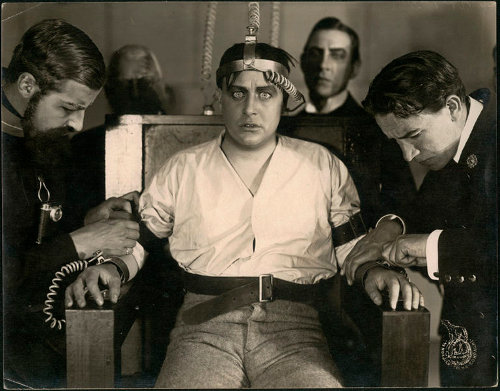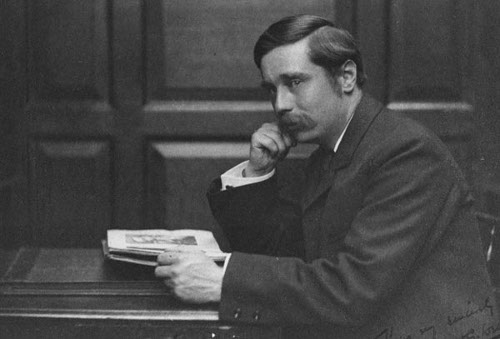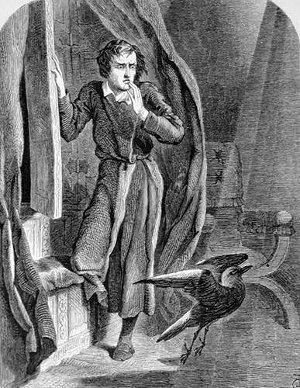The will of John George, of Lambeth, who died in London in June, 1791, contained the following words: ‘Seeing that I have had the misfortune to be married to the aforesaid Elizabeth, who ever since our union has tormented me in every possible way; that, not content with making game of all my remonstrances, she has done all she could to render my life miserable; that heaven seems to have sent her into the world solely to drive me out of it; that the strength of Samson, the genius of Homer, the prudence of Augustus, the skill of Pyrrhus, the patience of Job, the philosophy of Socrates, the subtlety of Hannibal, the vigilance of Hermogenes, would not suffice to subdue the perversity of her character; that no power on earth can change her, seeing we have lived apart during the last eight years, and that the only result has been the ruin of my son, whom she has corrupted and estranged from me; weighing maturely and seriously all these considerations, I bequeath to my said wife Elizabeth the sum of one shilling, to be paid unto her within six months after my death.’
— Albany Law Journal, March 24, 1900
Lieutenant Colonel Nash got even with his wife by leaving the bell ringers of Bath abbey 50 pounds a year on condition that they muffle the bells of said abbey on the anniversary of his marriage and ring them with ‘doleful accentuation from 8 a.m. to 8 p.m.’ and on the anniversary of his death to ring a merry peal for the same space ‘in memory of his happy release from domestic tyranny and wretchedness.’
— The Bar, November 1908





